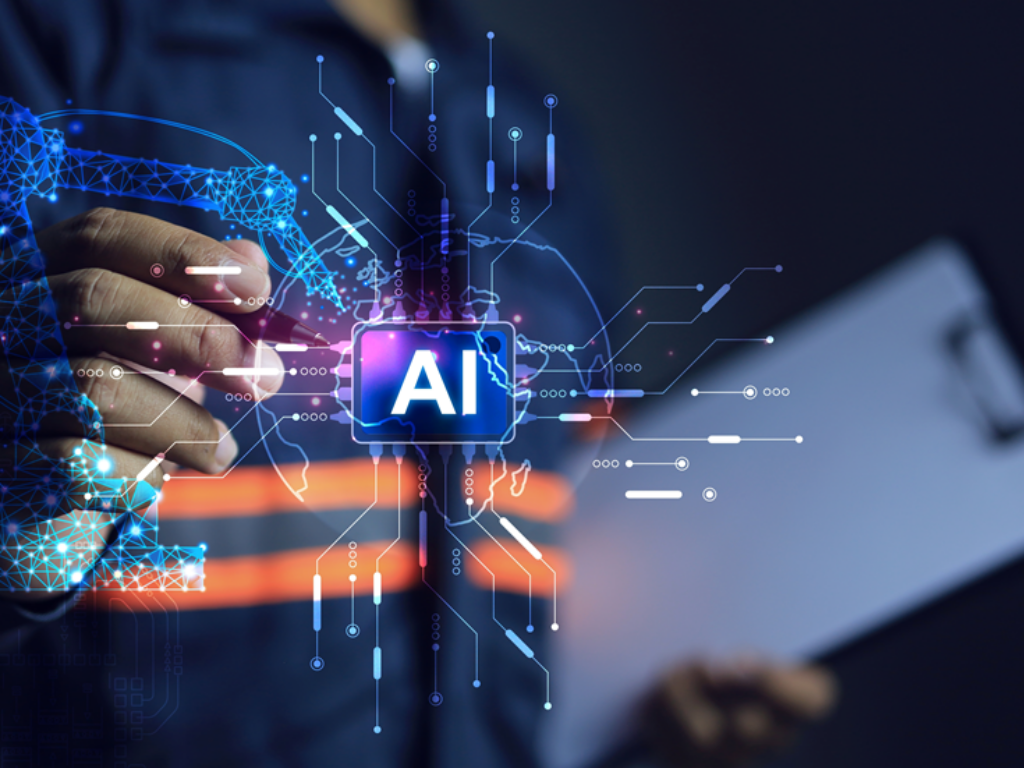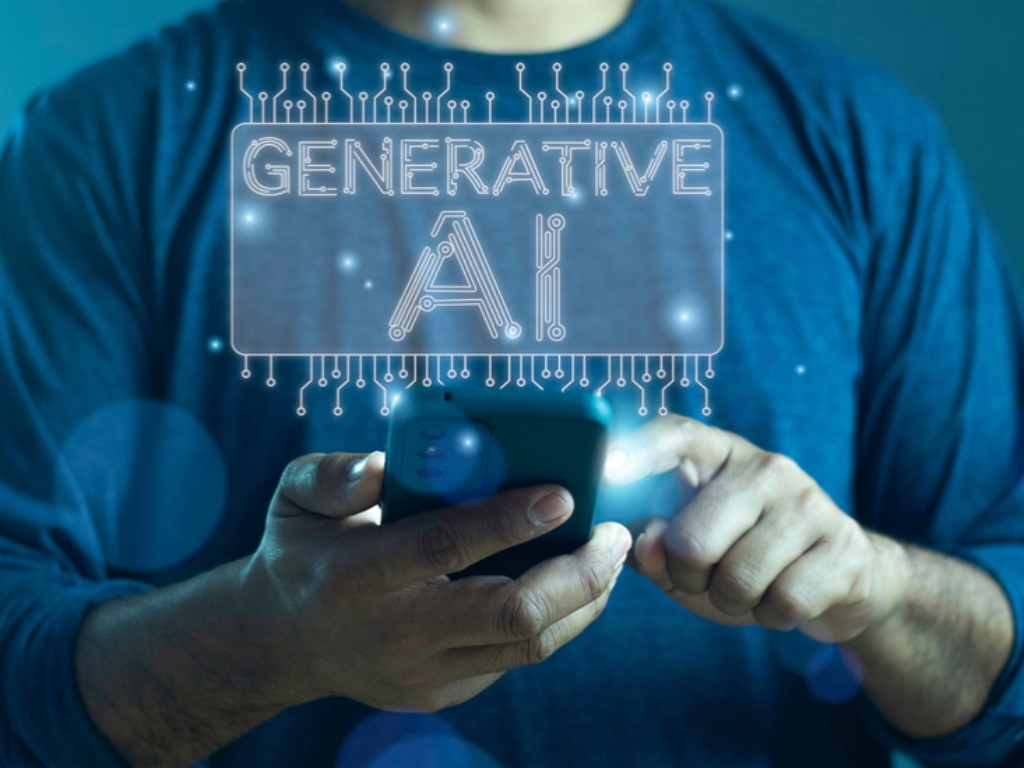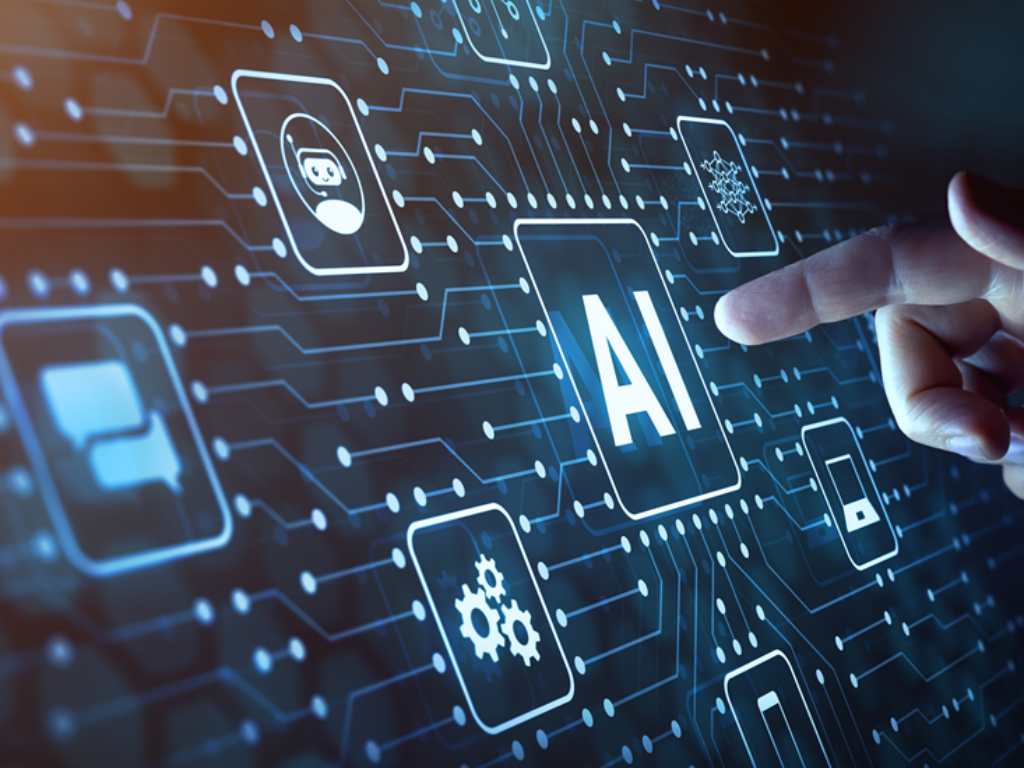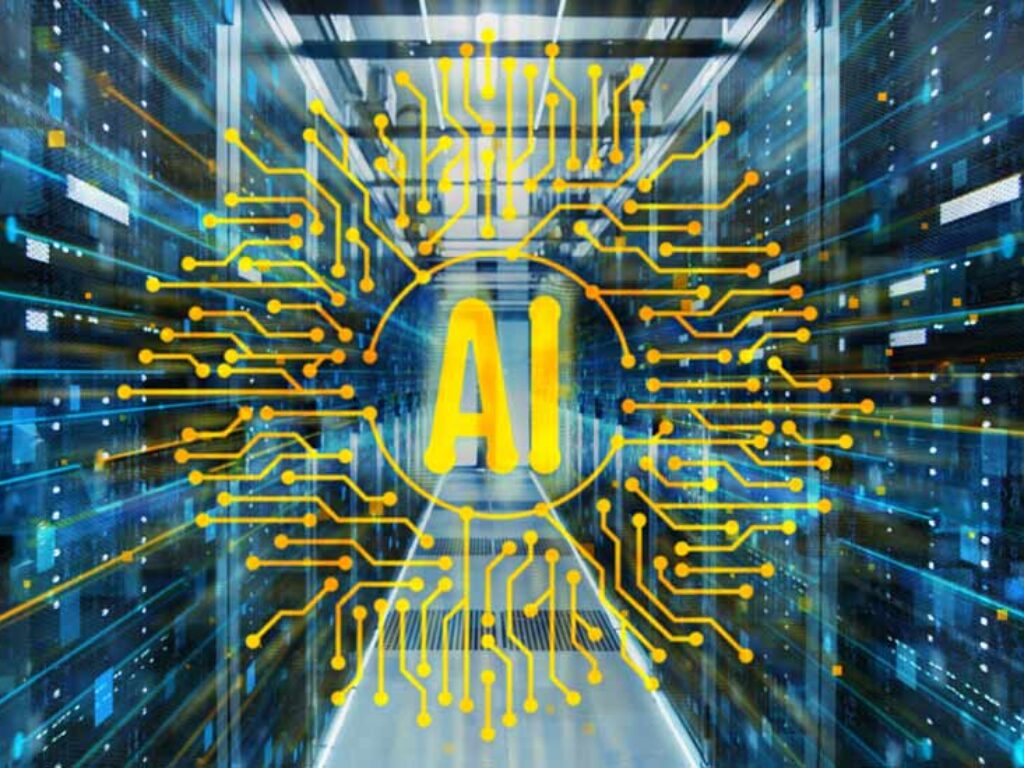In this contributed article, Joe Reele, Vice President, Solution Architects at Schneider Electric, discusses the challenges and innovations in data center design driven by AI advancements and discusses the implications for energy consumption, infrastructure, and technological evolution.
The latest big data news and articles
AI’s Impact on Data Centers: Driving Energy Efficiency and Sustainable Innovation
KNIME Releases AI Companion to Drive Smarter Collaboration with AI
KNIME, the open source data analytics and AI company, announced the launch of its AI companion – K-AI – to all users. With K-AI, users can co-create powerful data workflows with AI. K-AI will answer questions, make recommendations, and extend or build whole data workflows based on user prompts.
Unlock the Full Potential of Your Data
In this contributed article, John Mark Suhy, CTO of Greystones Group, discusses how a comprehensive data catalog with robust access control, complemented by expert insights, is essential for secure and effective AI-driven data management. By prioritizing these elements, organizations can empower AI systems to generate precise insights, automate reporting, and recommend data confidently.
Pathway Secures $10 Million Led by TQ Ventures to Advance the Development of Live AI
Pathway, the data company that builds live AI, announced its $10 million Seed round to build live AI systems that think and learn in real-time as humans do. The round was led by TQ Ventures, with participation from Kadmos, Inovo, Market One Capital and Id4, as well as several high-profile angel investors.
SurrealDB Launches Surreal Cloud, a Fully Managed Database Service That Tackles the Complexity Issues Faced by Developer Teams
SurrealDB, the ultimate multi-model database, announced the launch of Surreal Cloud, a Database-as-a-Service (DBaaS) offering. In its first iteration, enterprises now have access to a fully managed solution for developers that want to leverage the power and flexibility of SurrealDB without the complexities of managing infrastructure.
Tuskira Emerges from Stealth with $28.5M to Launch AI-Powered Unified Threat Defense Platform
Tuskira, a pioneering threat defense platform leveraging an AI-powered security mesh, has launched out of stealth mode with $28.5 million in funding. The round was led by Intel Capital and SYN Ventures, with participation from Sorenson Capital, Rain Capital, Wipro Ventures, and other key industry leaders.
AI Beyond LLMs: How LQMs Are Unlocking the Next Wave of AI Breakthroughs
In this contributed article, Dr. Stefan Leichenauer, Vice President of Engineering and lead scientist at SandboxAQ, discusses the profound evolution that is now emerging: Large Quantitative Models (LQMs), designed to tackle complex real-world problems in areas such as healthcare, climate science, and materials design, are set to revolutionize industries and unlock new AI-powered breakthroughs for some of the world’s greatest challenges.
Generative AI’s Accuracy Depends on an Enterprise Storage-driven RAG Architecture
[SPONSORED POST] In this sponsored article, Eric Herzog, CMO of Infinidat, suggests that as part of a transformative effort to bring one’s company into the AI-enhanced future, it’s an opportunity to leverage intelligent automation with RAG to create better ….
New AI Service will Replace Entire Marketing Department
Experienced marketer is launching a new AI-based product designed to replace an entire marketing department in small and medium-sized businesses. After a ten-year career in marketing, including four years as CMO in digital agencies, Mikalai Kudlasevich came up with the idea of creating a service designed to integrate AI agents that would cope with real market challenges.
AI Has Run Into Data Shortage and Overtraining Problems
In this contributed article, Jason Hardy, Chief Technology Officer for Artificial Intelligence for Hitachi Vantara, explores how the growing demand for training data is testing the limits of AI development and triggering challenges like overtraining, which can lead to regression or biased outcomes.













